Wintenberg is developing computer algorithms and tools to improve the security of cyber and cyber-physical systems.


Wintenberg is developing computer algorithms and tools to improve the security of cyber and cyber-physical systems.
Elaheh Ahmadi, David Blaauw, Michael Flynn, Hun-Seok Kim, Hessam Mahdavifar, and Zhengya Zhang bring their expertise and creativity to this nationwide undertaking in the area of semiconductors and information & communication technologies.
The post Six ECE faculty will help shape the future of semiconductors as part of the JUMP 2.0 program appeared first on Michigan Engineering News.
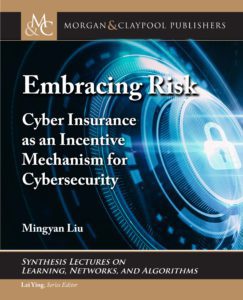
This new book by Mingyan Liu offers an engineering and strategic approach to improving cybersecurity through cyber insurance
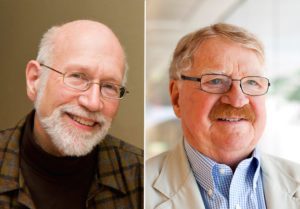
The workshop, co-organized by a team including two EECS faculty, focused on ensuring the safety of Level 3 autonomous vehicles, where humans must be ready to take over control.
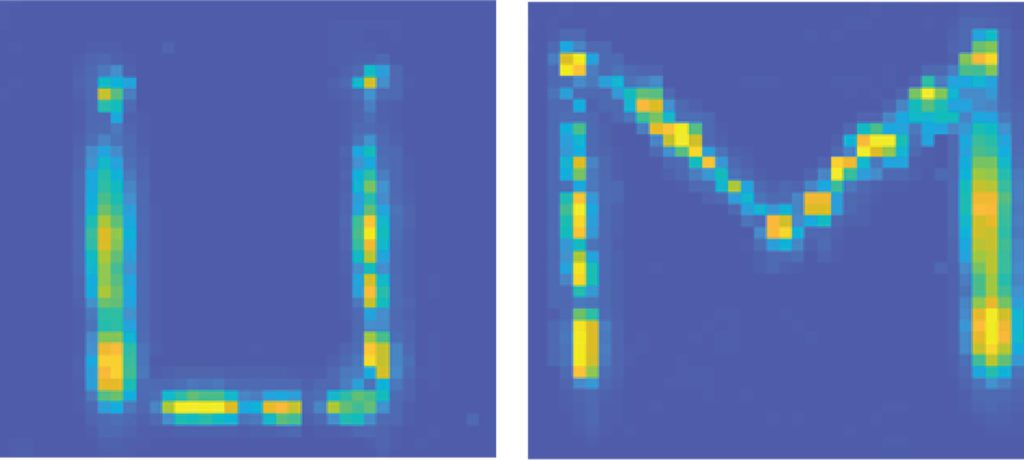
A self-erasing chip for security and anti-counterfeit tech.
The algorithm can pick out weak signals from nuclear weapons materials, hidden in ordinary radiation sources like fertilizer.
The post Catching nuclear smugglers: fast algorithm could enable cost-effective detectors at borders appeared first on Michigan Engineering News.
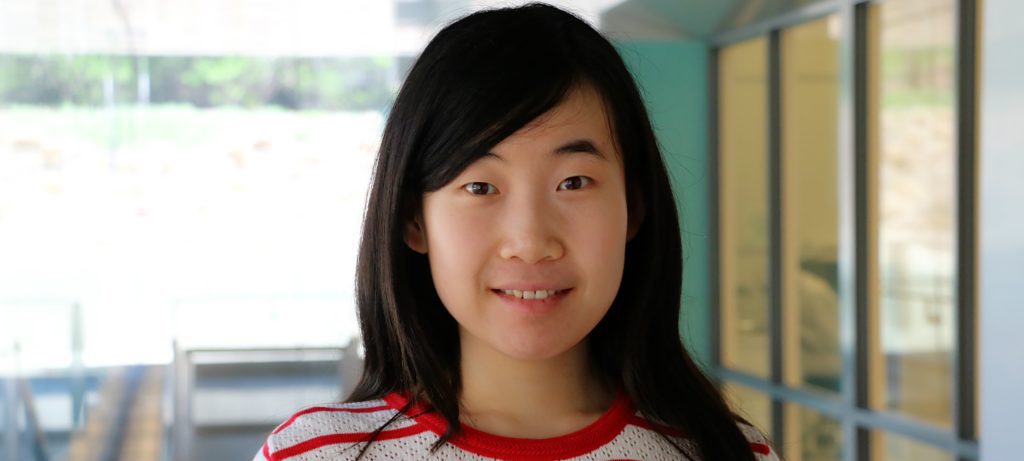
Zhang is working to improve data security and address important ethical issues related to AI and discriminatory data sets.
The frame in which a human marks out the boundaries of an object makes a huge difference in how well AI software can identify that object through the rest of the video.
The post Computer vision: Finding the best teaching frame in a video for fake video fightback appeared first on Michigan Engineering News.
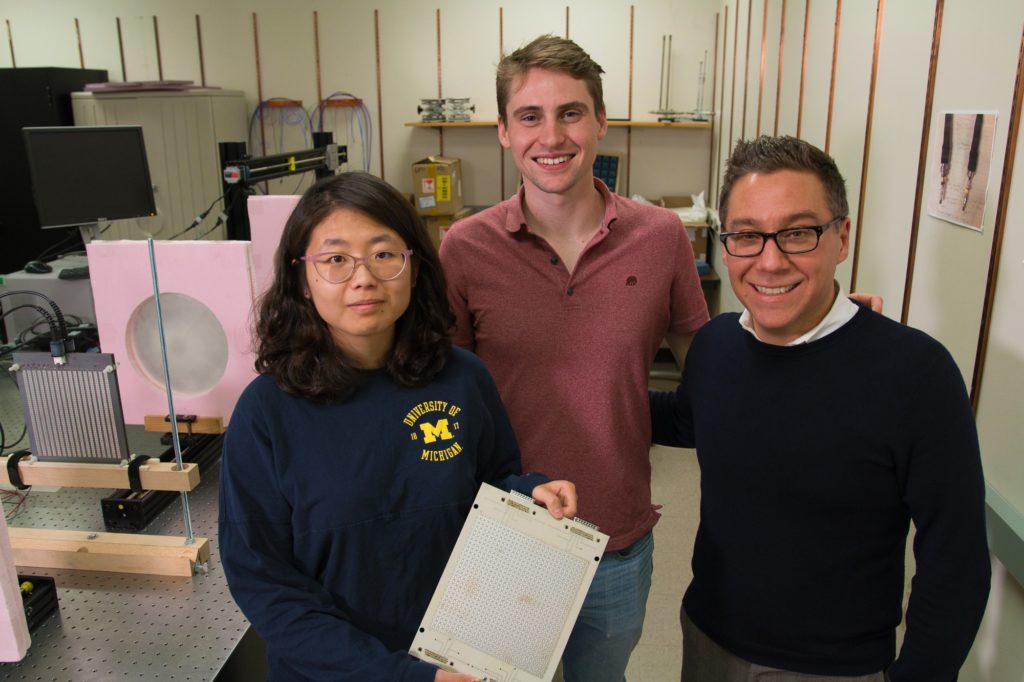
With $7.5M MURI grant, Professor Anthony Grbic is developing metamaterials for a new generation of integrated electromagnetic and photonic systems.
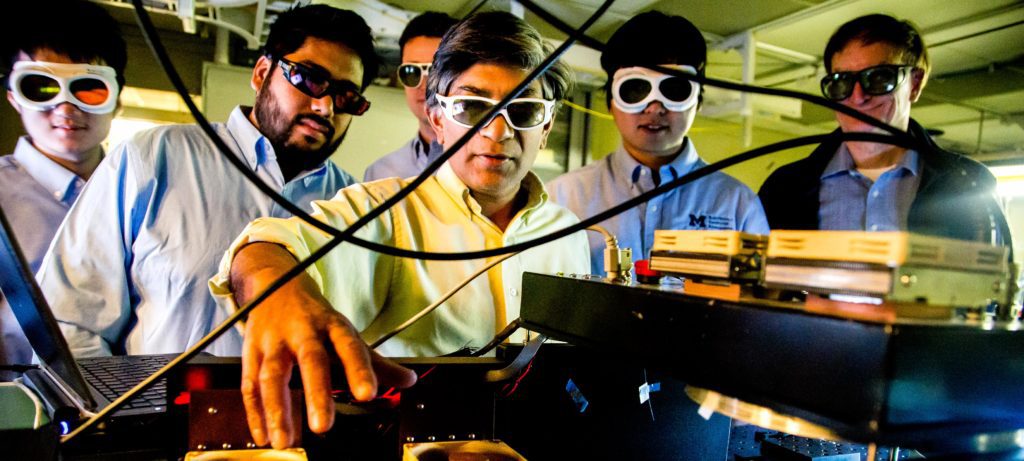
Powered by a broadband infrared laser, the device can zero in on the ‘spectral fingerprint region’.